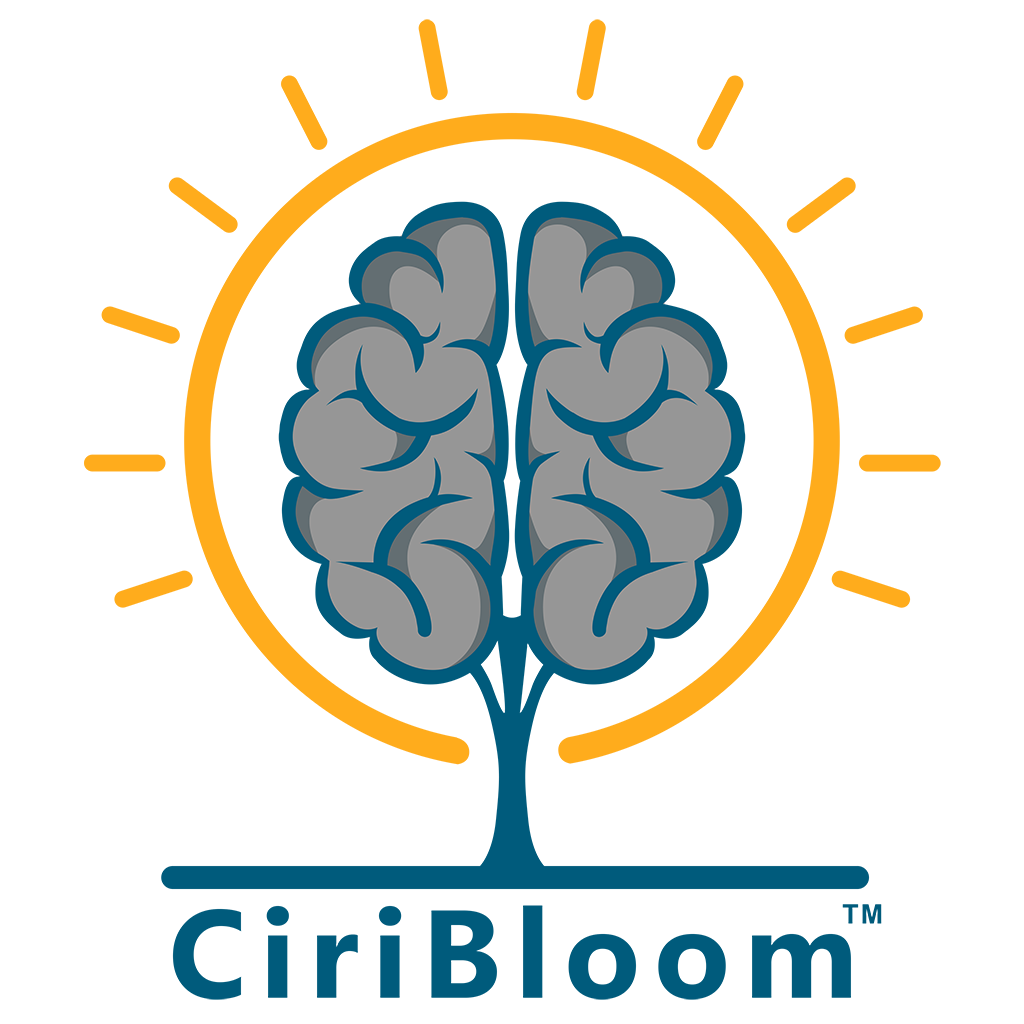Teaching Languages using Metacognition
For Primary and Secondary School Teachers
Language is the base of all studies and knowledge. Languages provide the foundations for comprehending the world around us and beyond. In order to understand all the disciplines, the young people need to be equipped with good language skills. Their power to think, and express their thoughts correctly lies in languages.
In this course, we will see how Metacognition can help pupils become better language learners, we will also understand the ‘habits of mind for learning languages’ to ease the language learning process for students.
What you will learn:
- Effective language learning methods
- Pedagogy for language learning
- Creating self-reflective language journals
- Creating open-minded classrooms

Meet
Our Course Creators
Amrutha Joshi Amdekar
Amrutha Joshi Amdekar is an independent translator, interpreter, teacher, corporate trainer, a writer and a language digger. Amrutha has done B.A. in Economics from Mumbai University and she is proficient in more than 20 foreign languages.
Being a Polyglot and a Linguist, Amrutha has developed a lot of techniques to learn any language easily and in a shorter
duration. She has worked on many publications and also won many awards for her wonderful work her multi-linguistic skills.
Important Information
Course Details, Eligibility and Duration
What is unique about this course?
Overall Educational Aims
- To offer Primary and Secondary school teachers and teaching assistants a programme of metacognition learning, which includes a wider thinking perspective in teaching languages that are stimulating, robust and designed to meet the evolving needs of the students in today’s world, where employability will be driven more by a student’s ability to communicate effectively.
- To equip Primary and Secondary schools teachers and teaching assistants with the understanding of the various metacognition strategies and habits of mind related to learning languages and especially understanding the relationship between reading, listening, speaking and writing.
- To enable Primary and Secondary schools teachers and teaching assistants to gain an ability to develop transferable intellectual, and interpersonal skills and an innovative mind-set in mastering language skills.
- For anyone and everyone passionate to learn languages as well as teach languages.
What are the learning outcomes and assignments?
There are three modules as detailed below. There is a written assignment at the end of each module which you will need to write and submit. You will be assessed against these and individual feedback will be provided.
There are marks that will be allocated to each learning outcome and for you to pass this course you will need a minimum of 50%.
Information on course modules
- Module 1
- Understanding Metacognition Framework
- 50 Hours
- Module 2
- Delivery of Metacognition through Signature Pedagogies
- 50 Hours
- Module 3
- Implementation and Impact of Metacognition
- 50 Hours
In not more than 150 hours you can master the art of easing the process of language learning and teaching.
What is the course duration?
150 Hours. Since the course is online, candidates can complete the course at their convenient time and schedule.
What is this course about?
This is a thorough Continuing Professional Development (CPD) course where it is expected that the teacher spends 50 hours of his/her time watching the videos after carefully reading all the background papers and supporting documentation that is provided to him/her through our course.
This course is equivalent to Higher National Diploma Level 5 qualification and is equivalent in academia to a foundation degree or the first two years of a bachelor’s degree. To get more insight into where level 5 sits it will be useful to know what levels 6, 7, and 8 signify.
- Level 6 is equivalent to BA, BSc;
- Level 7 at the level of MA, MSc, PGCE and
- at level 8 are Doctorate courses.
Thus it is very important to note the depth of this CPD course that offers teachers to achieve level 5 equivalent qualification.
The course is designed to ensure that the teachers get all the basics of what the ten metacognition skills are, what the 5 computational thinking skills are and how effectively they can be taught using the suggested five signature pedagogies. Having done these then there are suggested ways to track the metacognitive progress of their pupils.
There are four modules and a total of 15 learning outcomes. Each learning outcome has its own marked/assessed assignment that the teacher will have to complete.
Each assignment checks how well the teacher has understood the concepts that are taught in that particular learning outcome – this is done through essays that demand comparing and contrasting any two concepts, evaluating and analysing particular aspect, finding out how well they can implement some of the computing activities in their classrooms and provide detailed analysis of that activity i.e. how well their pupils understood the concepts and how well they can effectively use them going forward.
It is a hands-on course that demands implementing what is being taught. Thus, it is not a theory-based course where one just reads the papers, watches the videos, and submits the assignments. It is a hands-on course where the teacher is expected to implement various strategies taught in the course and report back on the effectiveness of its implementation through the assignments.
Each assignment is in the form of an essay ranging from 500 words to 2500 words to thoroughly check whether the course student has understood the concepts that are being taught through this course.
Our assessors will assess each and every assignment submitted by the teacher and will provide personalised feedback on each assignment.
It is thus a comprehensive CPD course for a teacher who is serious about developing her/his metacognitive skills and wants to make a difference in the life of their pupils. Brighter, sharper, and enriched pupils mean a better overall outcome for them and an outstanding achievement/rating for the school.
What will you get at the end of the course?
Teachers are assessed at the end of each learning outcome which will have passing marks. The teacher that secures 50% or more in the overall course will pass the course.
Those who cannot secure that pass percentage will be offered one free re-sit i.e. s/he will be able to re-do the assignments again and re-submit them. However, if s/he still fails to clear then s/he will get another chance by paying the prevailing rate of the course at that time.
Once passed the student will get a certificate that will be issued by the parent company of the course provider and that is ASTML (Academy of Science Technology and Management Limited) for CiriBloom and for successfully passing the course in metacognition for STEM that is endorsed by top Quality Assurance companies in the UK – CPD and NOCN.
Your re-sit attempts will not be reflected on your certificate.
Once passed, the teacher will join our global network of metacognitive course teacher alumni where they can continue to share and partake in the new developments that are happening on the education front. As our course alumni they will have access to our webinars and interactions with course developers and other eminent educationists that CiriBloom will continue to host on its platforms.
What is the eligibility criteria?
If you are planning to take this course then you should have:
- Graduation in any discipline OR
- Diploma in Education OR
- Higher Secondary Diploma (12th or A-Levels) with a minimum of two years of teaching experience.
This course is for practicing teachers who have access to classrooms to determine the impact of the metacognitive pedagogies that they will learn through this course.
The language teaching course to be specific is designed around computing activities that are specific to the primary school pupils and for the secondary school pupils. Thus the learning outcomes of this course will assess/gauge how well the teacher has understood the concepts and how well s/he can implement them in his/her classrooms.
It is a hands-on course and not a theory-based course and that is why it is most effective for teachers who are teaching languages to their pupils. The metacognitive concepts in this course are explained from the perspective of languages and are relevant to the teachers teaching the pupils at the primary and secondary school level.
How do I access the course and start using it once enrolled?
- You can pay for this course through an internationally activated credit or debit card using our registration link. You can also pay using your PayPal account.
- Once you have paid you will be a registered student of our computer science course and will have access to our training material.
- The course is planned in a systematic way i.e. upon registration you will be explained what this course is about, how it is designed, its layout, how to access it, how to submit the assignments etc.
- You will need access to the Internet to read the background papers in this course and watch the videos that will be available to you through this course.
- You can take this course on your phone or tablet as our course is fully responsive. It will work regardless of whether you are on a computer or a mobile device.
- You will need to submit your assignments in a pdf format – full detailed instructions about it are provided at appropriate places in the course.
